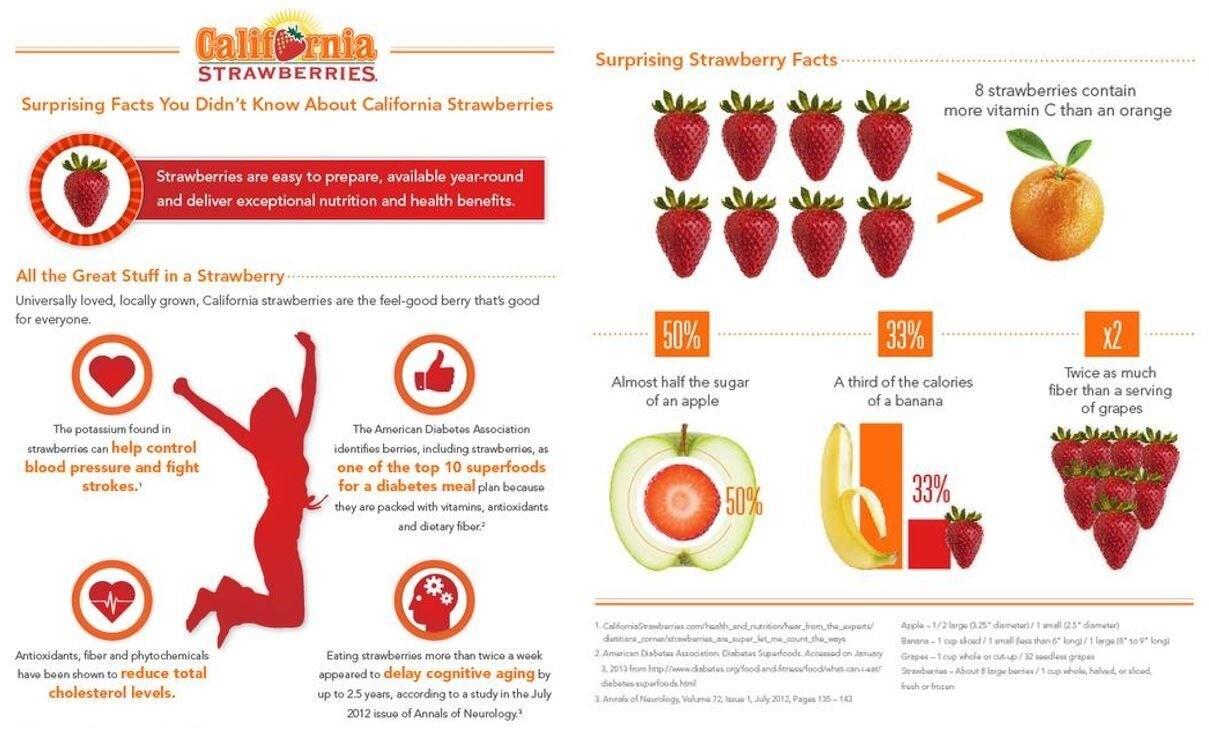Nutrition Education
Nutrition is both a pure science and a social science.
- As a pure science it looks at how the body uses nutrients.
- As a social science it looks at the relationship between food and human behavior and the environment, or how and why people eat.
Food affects almost everything we do. It affects how we look, feel, and act. It even affects our abilities – how well we function every day.
Food has an impact on life because it supplies nutrients, which are substances in food that body needs to function properly such as in growing, in repairing itself, and in having supply of energy.
With this information in mind, it's easy to conclude the importance that food plays in the lives of school-aged children both at home and in the classroom. The "Nutrition 101" PowerPoint attached below provides a basic summary of Nutrition, its components, and how the information relates to the human body.
As indicated in the PowerPoint above:
Water is Most Essential to One's Health and Wellness.
Water is found in every cell, in the spaces around the cells, in the fluid tissues of the body, and in body cavities.
Water carries dissolved nutrients throughout our body and assists in all of its functions such as: digesting foods, removing wastes, regulating temperature, and cushioning sensitive parts of our body.
Each day we lose two to three quarts of water and if this water is not replaced the body can dehydrate.
While the human body can survive weeks without food, it can only sustain without water for a maximum of 3 to 4 days.
It is recommended that we consume 64 fluid ounces of water daily.

